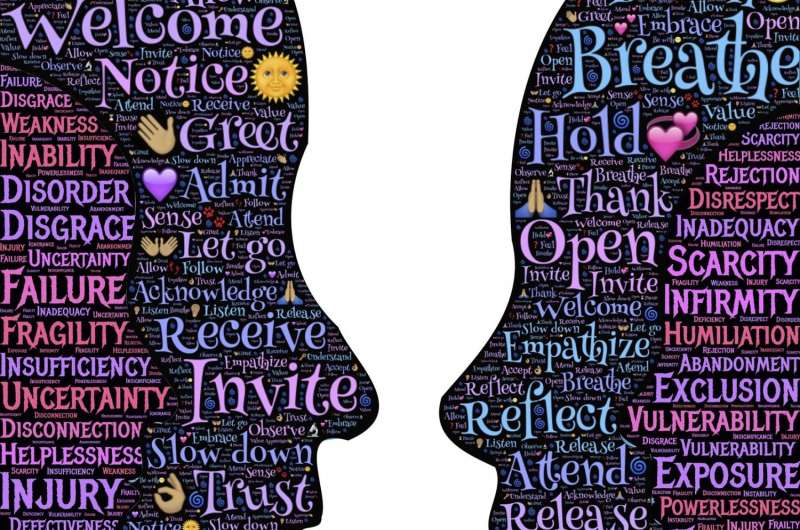Credit: CC0 Public Domain
(Medical Xpress)—A pair of researchers has carried out several experiments using volunteers and has found that people tend to not remember their own unethical behavior very well compared to other types of activities. In their paper published in Proceedings of the National Academy of Sciences, Maryam Kouchak with Northwestern University and Francesca Gino with Harvard University describe several experiments they carried out, their observations and findings, and offer some possible reasons for the discrepancies in memory recall.
When people think back to some of the things they have done that they are not proud of, often times, their memories might be somewhat cloudy—people have, what the researchers call "unethical amnesia." To learn more about this phenomenon, the researchers conducted nine different experiments designed to show whether memories of our own ethical behavior really are less vivid than those of other types of activities in which we engage.
In one of the experiments, the team took the most simple approach—they asked 343 volunteers to write about different things they have done, both ethical and unethical and then filled out questionnaires afterwards.
In another experiment, the research pair asked 70 students to participate in a coin-toss game where it was easy to cheat to gain more money as a reward. Each was then asked two weeks later to fill out some questionnaires regarding their recollection of the prior game and the meal they ate that same evening. 43 percent of them reported cheating, but their accounts of the cheating were far less vivid than their recollection of the meal they had eaten.
In another experiment, the researchers sought to learn whether poorly remembering unethical behavior makes it more likely a person will engage in unethical behavior again. They asked 230 students to participate in a dice throwing game which had been designed to either encourage or discourage participants to cheat. After allowing three days to pass, the researchers then asked the same volunteers to participate in a word-scramble type games where it was very easy to cheat for more money. The researchers found that the volunteers were less likely to recall cheating events in the first game and that those who had trouble remembering doing so, tended to be more likely to cheat in the second game.
Other experiments designed to discover whether people had more trouble remembering the unethical activities of others, indicated that it was not the case—it was only in trying to remember the details of their own unethical activities that people had trouble.
The researchers suggest that their findings indicate that people do indeed tend to remember their own ethical behavior less vividly than other activities and suggest that it happens because it likely allows for maintaining a positive self-image.
More information: Maryam Kouchaki et al. Memories of unethical actions become obfuscated over time, Proceedings of the National Academy of Sciences (2016). DOI: 10.1073/pnas.1523586113
Abstract
Despite our optimistic belief that we would behave honestly when facing the temptation to act unethically, we often cross ethical boundaries. This paper explores one possibility of why people engage in unethical behavior over time by suggesting that their memory for their past unethical actions is impaired. We propose that, after engaging in unethical behavior, individuals' memories of their actions become more obfuscated over time because of the psychological distress and discomfort such misdeeds cause. In nine studies (n = 2,109), we show that engaging in unethical behavior produces changes in memory so that memories of unethical actions gradually become less clear and vivid than memories of ethical actions or other types of actions that are either positive or negative in valence. We term this memory obfuscation of one's unethical acts over time "unethical amnesia." Because of unethical amnesia, people are more likely to act dishonestly repeatedly over time.
Journal information: Proceedings of the National Academy of Sciences
© 2016 Medical Xpress




















